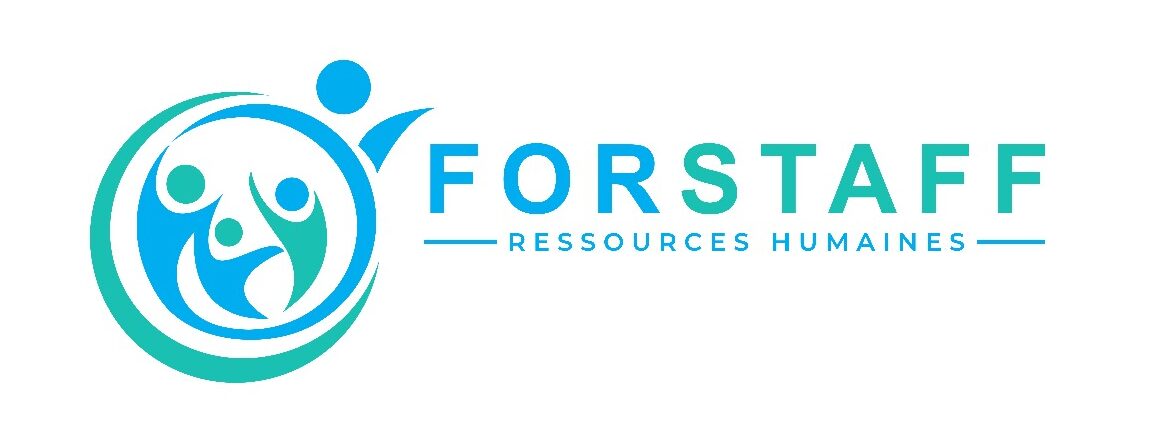EXPANDED ROLE TRAINING FOR NURSES IN NORD-DU-QUEBEC: A VITAL ASSET
Expanded role training for nurses in Northern Quebec!
In Quebec’s remote and northern regions, the role of healthcare professionals, particularly nurses, takes on crucial importance. The challenges faced by these communities call for a unique approach and diversified skills. It is in this context that the expanded role training for nurses comes into its own. This training enables nurses to meet the growing health needs of these populations while optimizing available resources.
Nord-du-Québec is a vast region where access to healthcare can be limited by geography, extreme climatic conditions and community isolation. What’s more, specialized medical services are often inaccessible, requiring costly and time-consuming travel to major urban centers. This is why training nurses in the expanded role is becoming an indispensable solution for providing quality care while ensuring a medical presence on site.
What is the Expanded Role?
The expanded role of nurses is characterized by the acquisition of additional skills enabling healthcare professionals to carry out certain interventions usually reserved for doctors. These include handling emergencies, prescribing certain medications, making diagnoses and managing patients independently in a variety of settings. This type of training increases the autonomy of nurses in rural areas, where medical specialists are often absent.
The main aim of this training is to enable nurses to manage a variety of medical situations, from primary care to complex emergencies. Beyond simply administering treatment, nurses trained in the expanded role are able to make diagnoses, prescribe medication, perform minor invasive procedures, and manage more advanced cases requiring greater clinical expertise.
Why is this Training Crucial in Nord-du-Québec?
Extended role nurses play a key role in the communities of Northern Quebec. Geographic isolation and limited healthcare infrastructure make it difficult to maintain a continuous presence of physicians in these regions. In such contexts, nurses often become the first and sometimes only line of defense in meeting the population’s healthcare needs.
Expanded role training fills this gap by training professionals to offer a wider range of care, while reducing the need for medical evacuation to major urban centers for routine or urgent health problems. This kind of immediate intervention can make a crucial difference, especially in emergencies where every minute counts.
Specific challenges facing nurses in Nord-du-Québec
Nurses in Nord-du-Québec face several unique challenges:
- Geographical isolation: Nord-du-Québec covers an enormous area, with many remote communities. Access to specialized medical care can take several hours, or even days in some cases.
- Climatic conditions: harsh winters and frequent snowstorms complicate travel and medical evacuations. This makes the role of nurses in an expanded role all the more important, as they can provide care on the spot without having to wait for a doctor or specialized team to arrive.
- Cultural diversity: This region is home to several indigenous communities with specific cultural and linguistic needs. Nurses must not only have extensive medical skills, but also be able to work in multicultural contexts and adapt to local realities.
- Lack of resources: The lack of sophisticated medical equipment in the small clinics of Northern Quebec means that nurses have to be highly adaptable. They must know how to make the best use of available resources, and improvise when equipment is lacking.

Benefits of Extended Role Training
Nurses who have completed extended role training bring invaluable added value to their communities, particularly in remote areas. Here are some of the major benefits of this training:
– Reduced medical evacuations: Thanks to their ability to diagnose and treat many medical conditions on the spot, nurses in expanded roles limit the need to evacuate patients to urban centers.
– Faster, more efficient care: In the absence of doctors, patients receive quality care more quickly, reducing waiting times and improving emergency management.
– Empowering communities: Trained nurses play a key role in empowering communities, providing ongoing care and promoting better management of chronic diseases and recurring medical conditions.
– Skills enhancement: This training enriches nurses with new skills that make them more versatile, enhancing their professional development while responding to urgent patient needs.
Are you a recruiter?
Future prospects for Extended Role Nurses
The demand for expanded role nurses in Nord-du-Québec continues to grow, and with the evolving healthcare needs in these regions, this type of training is set to become an essential component of the healthcare system in remote areas. Training programs are constantly diversifying and adapting to new challenges, notably with the integration of telemedicine technologies, which enable remote consultation of doctors while performing first-line interventions on site.
Collaboration between healthcare organizations, training institutions and local governments is essential to support and encourage more nurses to pursue this training. Financial incentives, mentoring programs and raising the profile of this specialization are concrete ways of attracting more healthcare professionals to these regions.
Interested in expanded role training?
Conclusion
Expanded role training for nurses in Northern Quebec is more than just a professional development. It responds to critical health needs in communities often neglected by large medical centers. With this training, nurses become essential pillars of the healthcare system in remote regions, providing vital care that saves lives and improves quality of life. The challenges are many, but the benefits of this specialization for patients, nurses and society as a whole are undeniable.












